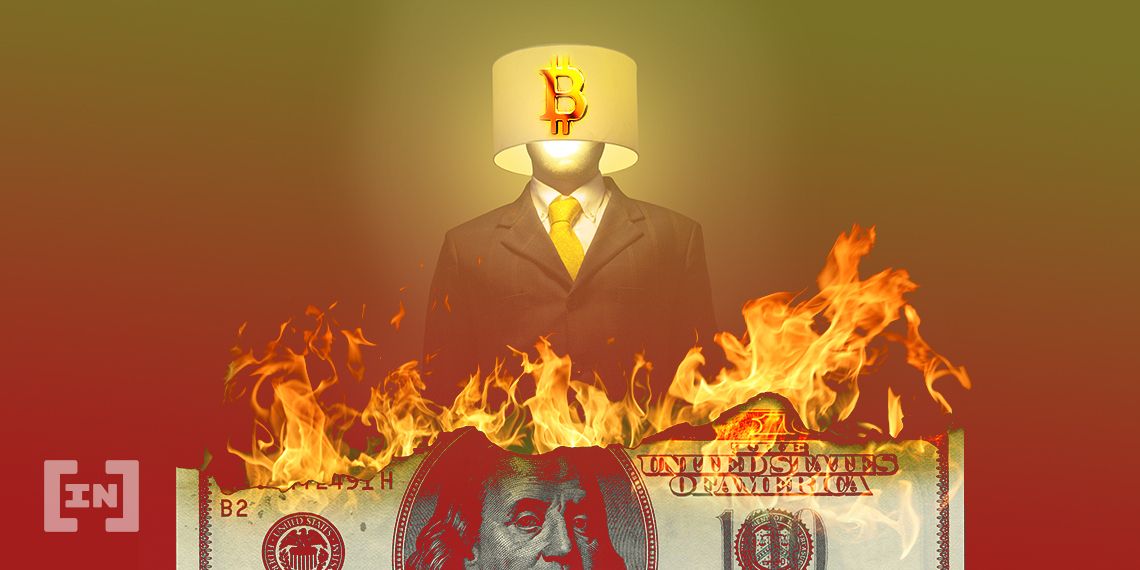Democratic presidential hopefuls Senator Bernie Sanders (I-VT) and Senator Elizabeth Warren (D-MA) have offered to forgive student loans to the tune of $1.6 trillion. The plan would, ostensibly, increase spending money for cash-strapped young people and boost economic growth. But would these consumers put any of that extra money into Bitcoin?
However, many financial experts think otherwise. The risk factors associated with student loan forgiveness, as well as the constitutionality of such action, could spell economic disaster.
Risks Galore
The suggestion seems plausible enough. Forgiving student loans would allow consumers to use a larger percentage of their monthly income for other types of purchases, thus driving economic growth. According to some, though, the negative impacts could be just as substantial. The cost of clearing those debts, many of which are privately held, would fall on the US government. Such costs would add to the already-exploding national debt. This would only further weaken the position of the US dollar on international markets. Additionally, benefits may be dramatically less than thought. For example, a broad-based loan forgiveness program could put money into consumer pockets. However, most consumers are not forestalling home purchases and other sound financial decisions because of debt. Instead, the newfound cash flow would likely be quickly subsumed into other personal spending, or possibly even Bitcoin. Finally, many feel that such a move infringes on constitutional contract protection. With loans between private parties, the US government has not had freedom to intervene arbitrarily. Both Sanders and Warren would change this. In doing so, no financial contract would be safe, with precedent being established.
Bitcoin Bump
Such economically risky moves would likely serve to send Bitcoin soaring. Increasing federal debt, a collapsing dollar, and fear over contract safety would send investors out of the wider market and into non-governmental investments like Bitcoin. Unlike other investments, Bitcoin is not based on contractual obligations. Instead, Bitcoin’s network is built as a ‘trustless’ environment, protecting it from governmental controls. When markets decline due to government tampering, Bitcoin can remain protected. With this protection, Bitcoin would likely see a dramatic price increase, as investors flee to safe-haven assets. Though the debt forgiveness scheme could harm the US economy, Bitcoin owners would see substantial investment returns.
Top crypto projects in the US | April 2024
Trusted
Disclaimer
In adherence to the Trust Project guidelines, BeInCrypto is committed to unbiased, transparent reporting. This news article aims to provide accurate, timely information. However, readers are advised to verify facts independently and consult with a professional before making any decisions based on this content. Please note that our Terms and Conditions, Privacy Policy, and Disclaimers have been updated.

Jon Buck
With a background in science and writing, Jon's cryptophile days started in 2011 when he first heard about Bitcoin. Since then he's been learning, investing, and writing about cryptocurrencies and blockchain technology for some of the biggest publications and ICOs in the industry. After a brief stint in India, he and his family live in southern CA.
With a background in science and writing, Jon's cryptophile days started in 2011 when he first heard about Bitcoin. Since then he's been learning, investing, and writing about cryptocurrencies and blockchain technology for some of the biggest publications and ICOs in the industry. After a brief stint in India, he and his family live in southern CA.
READ FULL BIO
Sponsored
Sponsored
